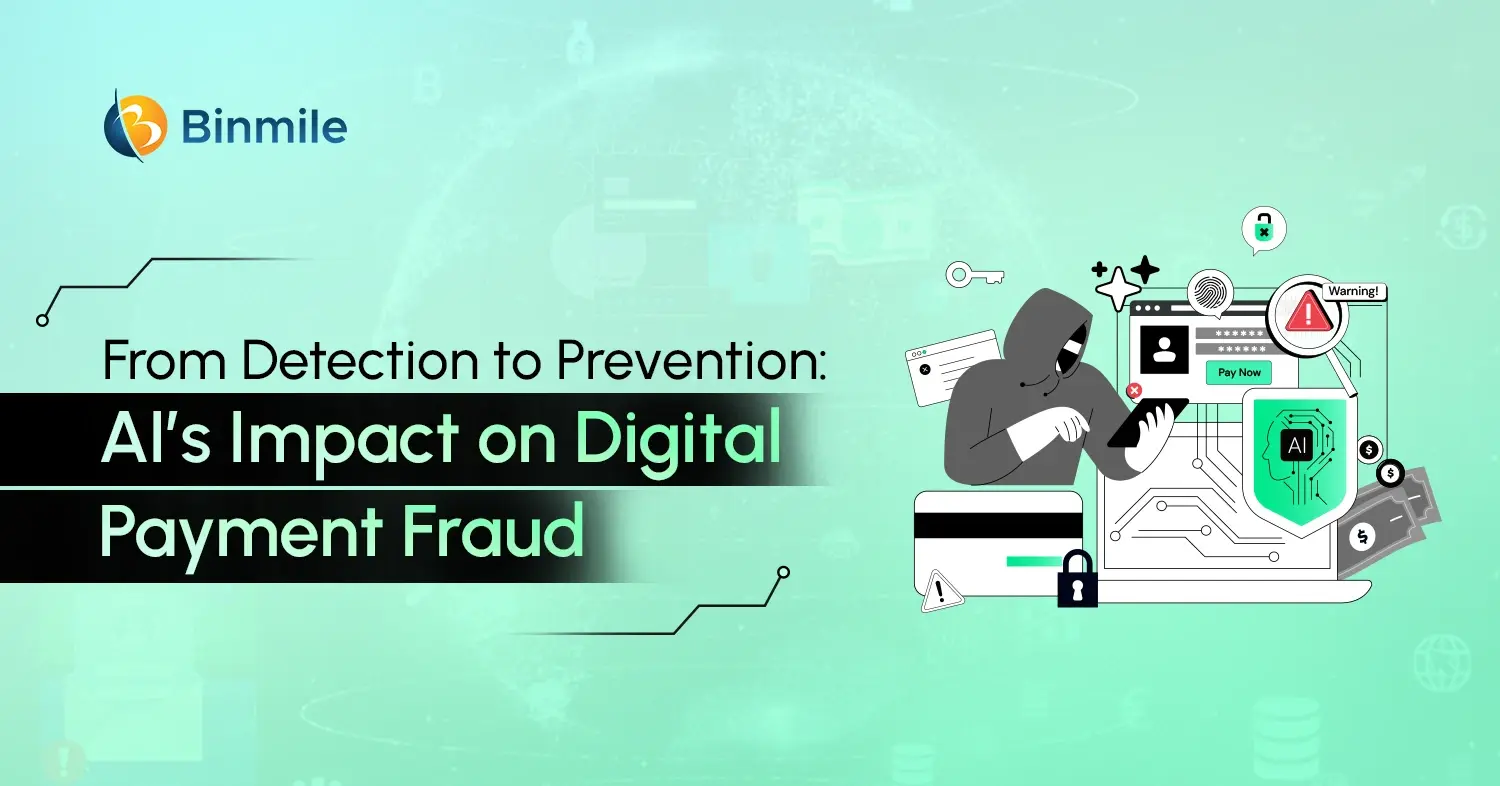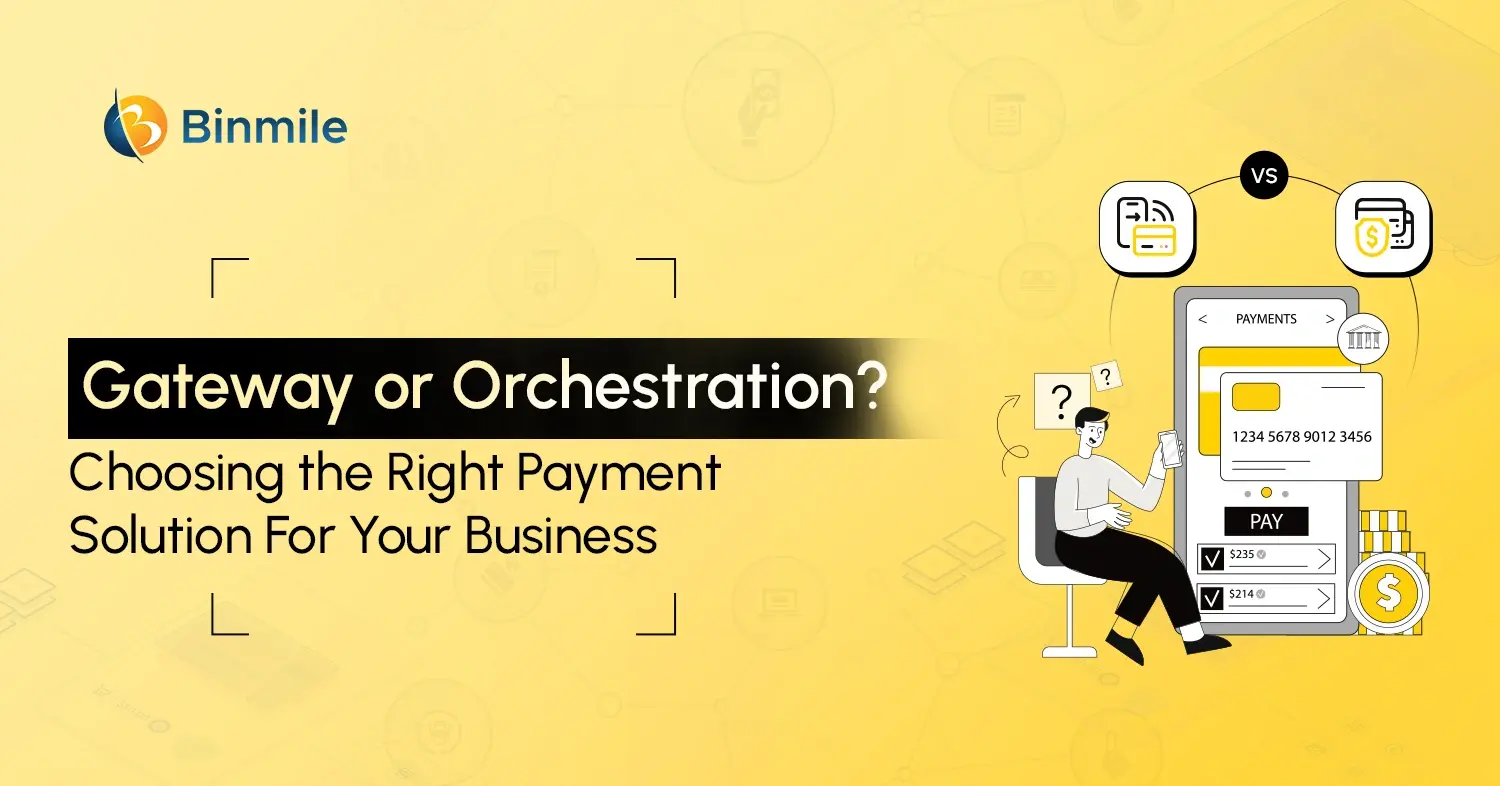The word “metaverse” is creating a buzz on the internet after Facebook, a social media giant, announced the building of a metaverse. Established companies invest heavily in this technology to reap benefits and transform how they work. Metaverse is about to take us to the next level. All we have to do is know more about the decentralized virtual reality platform. The metaverse is about to transform the future of work in almost all industries in the coming years. This blog highlights a quick introduction to the Metaverse concerning how it will change the future of work.
What is the Metaverse?
Made of two words, “meta’ and “verse,” metaverse stands for a virtual world beyond the physical world. Meta means beyond, and verse means the universe. You can term the metaverse as an extension of the real world, strengthened by emerging technologies.
The meaning of metaverse depicts a virtual-reality space where users communicate with a computer-generated environment and other users. It helps you do the things you like to do together in real life. It is a 3D digital world possessing some virtual attributes that one can see using an embodiment. This is the space where you can work, socialize, shop, and play games virtually. There are a few interactive and futuristic technologies that empower the Metaverse.
Metaverse: The Future of Work
Business leaders have realized that older standard business practices will no longer apply in the post-pandemic world. Innovation takes forward-thinking companies to new heights and replaces organizations that fail to acclimate to technological advances. Companies can learn the benefits of using creative disruptions and reinvent themselves by leveraging the metaverse. For example, the metaverse will replace video conferencing as it lacks human elements. Metaverse adds a relatable human experience when interacting with customers and working with colleagues. Teams must work cohesively in remote mode to clearly understand each person’s role and goals. The metaverse can encourage collaboration, allow multiple offices to collaborate, and demonstrate action-based outcomes.
Metaverse Encourages Collaboration
- allows for prompt adjustments that save time and money
- effectively replicates the in-person brainstorming session
- provides real-time feedback between teams on projects
- provides value in bringing people together
The Metaverse as a Tool for Training and Customer Support
- allows support staff to guide customers through a set process
- gives potential employees a chance to do jobs in VR
- helps companies train employees remotely with “hands-on” learning
- provides a better experience for customers by eliminating dissatisfaction
A Changing Workforce
- allows enterprises to give their employees opportunities to work remotely
- allows organizations to demonstrate their work to clients and partners
- makes changing work schedules easier
Key Aspects of Experiences Covered by Metaverse
Metaverse enables you to attend events, buy virtual real estate, design virtual fashion items, earn money to boot, make friends, rear virtual pets, create and sell digital art, etc. After rendering interactive remote and hybrid work experiences, the metaverse is ready to transform the world of work in the following ways:
- new immersive forms of team collaboration
- advent of new digital, AI-enabled colleagues
- learning skills acquisition through virtualization
- rise of a metaverse economy with new work roles
According to big names such as Facebook/Meta and Microsoft, the metaverse will cover prime aspects of our livelihoods and experiences vehemently. These areas include social relationships, entertainment, gaming, fitness, work, education, commerce, etc. Some of the prime advantages of working in the Metaverse include
- diminishing the negatives of remote work
- visualize and solve problems in 3D
- no dependence on hardware
- no restrictions on space
Major Technologies Empowering the Metaverse in the Future
Metaverse is introduced as a virtual reality space where users connect with other users in the digital environment. Metaverse enables you to experience your presence in virtual areas along with the latest technologies, such as artificial intelligence (AI), virtual reality (VR), and augmented reality (AR). Here are some of those next-gen technologies that empower the metaverse.
1. Blockchain
Blockchain is a safe and secure technology that delivers a decentralized and transparent solution for digital accessibility, collectability, value transfer, and interoperability. Blockchain-generated cryptocurrencies enable users to transfer value while working in the 3D digital world. Blockchain can encourage people to work in the metaverse potentially. People will likely get more metaverse-related jobs with the rising concept of working from home or remote work.
2. Augmented Reality (AR) and Virtual Reality (VR)
Both AR and VR render vivid and intimate 3D experiences by focusing on the virtual world. AR transforms the present reality using digital visual characters and components. It is easy to use on any smartphone or digital device practically. Clients can use metaverse to see their environmental elements with intelligent digital visuals through AR apps. On the other hand, VR works more immersively by creating a PC-produced virtual world and allowing users to explore it with VR-enabled headsets, gloves, and sensors.
Also Read: The Future of Augmented Reality in EdTech
3. Artificial Intelligence (AI)
Artificial intelligence (AI) has been around for many years with applications like facial recognition, faster registration, procedure arrangement, driving directions, etc. AI specialists contemplate the possible outcomes of AI application to form vivid metaverses. It can also
- make diverse looks
- make the interaction more unique
- upgrade the advanced avatars
4. 3D Reconstruction
3D remaking has been an excellent tool for realty business owners to bring their targeted audience to several properties during the pandemic. Many realtors utilized 3D reproduction technologies to induce virtual property visits. Similarly, metaverse can help property buyers check multiple properties from any location irrespective of time restrictions.
5. Internet of Things (IoT)
IoT framework takes things in the actual world and relates to internet-enabled devices that can send and receive data naturally. IoT works well with voice-actuated speakers, indoor regulators, clinical devices, etc. When it comes to IoT in the metaverse, it can help you collect and extract information from the actual world. Ultimately, it will enhance the precision quotient.
Development Guide: Metaverse App Development
Are Companies Ready for the Metaverse in 2024?
Big brands like Facebook, Nvidia, Sony, and Microsoft are investing heavily in emerging technology and have plans to turn their companies into a Metaverse enterprise in the coming years. According to a Bloomberg report, the economic projections of the metaverse may achieve 800 billion by 2025 and 2.5 trillion by 2030. So, the metaverse seems to be the future universe.
On the metaverse and advantages of digitizing the space, Microsoft chief Satya Nadella says, “I think that this entire idea of the metaverse is fundamentally this: increasingly, as we embed computing in the real world, you can even embed the real world in computing. That’s kind of how I think about it. Both because in some sense, one of the metaphors that I always use which is helpful is that as both an outside-in and inside-out.”
He adds, “For example, you can have a space with lots of cameras and microphones. And you can digitize the space. You don’t need to wear anything on your head.”
Big names are ready to invest heavily in new technology. Other companies interested in embracing the metaverse need to adapt to new ways of working and interacting. Technological advancements are challenging to choose without falling behind. Resistance to the metaverse is likely to prevent you from entering a rich, virtual world. If you can utilize the metaverse technology appropriately, you will be able to work together and build virtual spaces with true-to-life connections.
Conclusion
From real estate to eCommerce to education, all industries are ready to apply the metaverse technology in their business processes and serve their customers better. It is clear that metaverse potentially impacts different business areas. You can unlock infinite possibilities, communicate quickly, replicate business operations, and use immersive simulations for your enterprises leveraging the metaverse.
Binmile harnesses emerging technologies and insights to scale your customer experience in and out of the metaverse. With specialization in experience design, software engineering, process automation, product development, and software development services, Binmile helps you enhance your experience over different platforms.
Frequently Asked Questions
The metaverse is powered by several key technologies, including AI integration, blockchain, augmented reality (AR), virtual reality (VR), and 5G. AI enhances user interactions by creating intelligent virtual assistants, realistic avatars, and dynamic content. Blockchain ensures security, transparency, and digital asset ownership in virtual environments. AR and VR provide immersive experiences, while 5G enables high-speed, low-latency connections for seamless interaction within the metaverse.
AI integration can significantly enhance the metaverse experience by creating more immersive, personalized, and interactive virtual environments. With AI, metaverse platforms can develop intelligent avatars, real-time language translation, and responsive virtual assistants. AI also helps in processing vast amounts of data, enabling real-time interactions and dynamic content generation, which makes the metaverse more engaging and user-friendly.
5G plays a critical role in the metaverse by providing the high-speed, low-latency connections needed for real-time interactions. As 5G networks expand, they will enable smoother and faster experiences within the metaverse, supporting large-scale multiplayer environments and high-quality streaming of immersive content. This will help the metaverse grow, making it accessible to more users worldwide.
Businesses can leverage the metaverse by creating virtual storefronts, hosting immersive events, and engaging with customers in new and interactive ways. The metaverse offers opportunities for virtual advertising, product demonstrations, and customer support through AI-driven chatbots or avatars. Additionally, companies can use metaverse platforms to collaborate, train employees, and explore new business models in virtual spaces.









